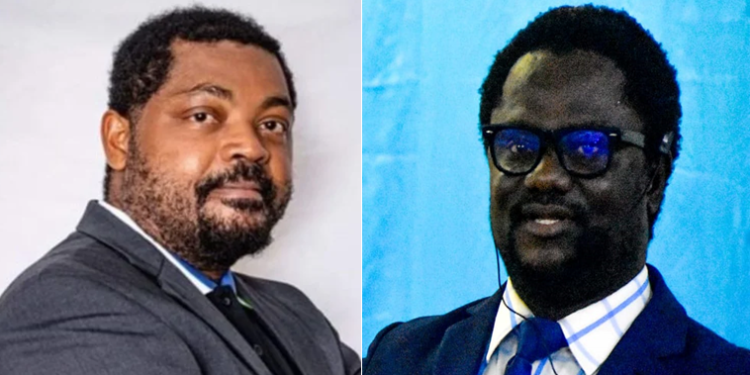By Hassan Osman Kargbo
In a powerful statement issued on November 2, 2024, the Media Reform Coordinating Group (MRCG) and the Sierra Leone Association of Journalists (SLAJ) have called for urgent enhancements to safety measures for journalists in Sierra Leone in recognition of the ‘International Day to End Impunity for Crimes Against Journalists.’ This year’s theme, “Safety of Journalists in Crises and Emergencies,” resonates strongly as the nation grapples with escalating threats against media professionals.
Established by the United Nations General Assembly, this day serves as a global remembrance for journalists who have lost their lives in the line of duty, particularly highlighting the tragic assassinations of two French journalists in Mali in 2013. The resolution aims to combat the prevailing culture of impunity and urges countries to enact effective legislation that ensures justice for victims and accountability for perpetrators.
According to the UNESCO Observatory of Killed Journalists, over 1,700 journalists have been murdered worldwide between 2006 and 2024, with a shocking 90% of these cases remaining unresolved. The data reveals a troubling trend where impunity correlates with increased violence and deteriorating legal protections for journalists.
Since 2018, the MRCG has been actively tracking incidents of media freedom violations in Sierra Leone, supported by the National Endowment for Democracy (NED). Their latest findings detail 82 reported cases of harassment, intimidation, and violence against journalists, with varying levels of Sesolution—57 cases have been resolved, six are currently in court, 19 remain under investigation, and nine have been abandoned.
Highlighted incidents of concern since the beginning of 2024 include the detention of Alie Bai Kamara from Citizen Radio and the arrest of Emmanuel C. Thorli from Night Watch Newspaper. Online harassment also poses a significant threat to journalists, impacting figures such as Amadu Lamrana Bah and Patrick Kai. Assaults by police and allegations of cyberstalking epitomize the risks faced by media personnel today.
The MRCG’s recent report titled “The Welfare of Journalists in Sierra Leone 2024” paints a dire picture of journalist conditions in the country, revealing that approximately 40.3% have reported never receiving salaries and 48.3% earn below the national minimum wage of roughly $35.
In light of these disturbing trends, the MRCG and SLAJ are urging the Sierra Leonean government, political leaders, and civil society to prioritize journalists’ safety and welfare. The call emphasizes the necessity of ensuring a safe operating environment for journalists, who play a vital role in protecting democracy and fostering accountability within society. The organizations remain steadfast in their commitment to advocating for the rights and well-being of media professionals across the nation.










